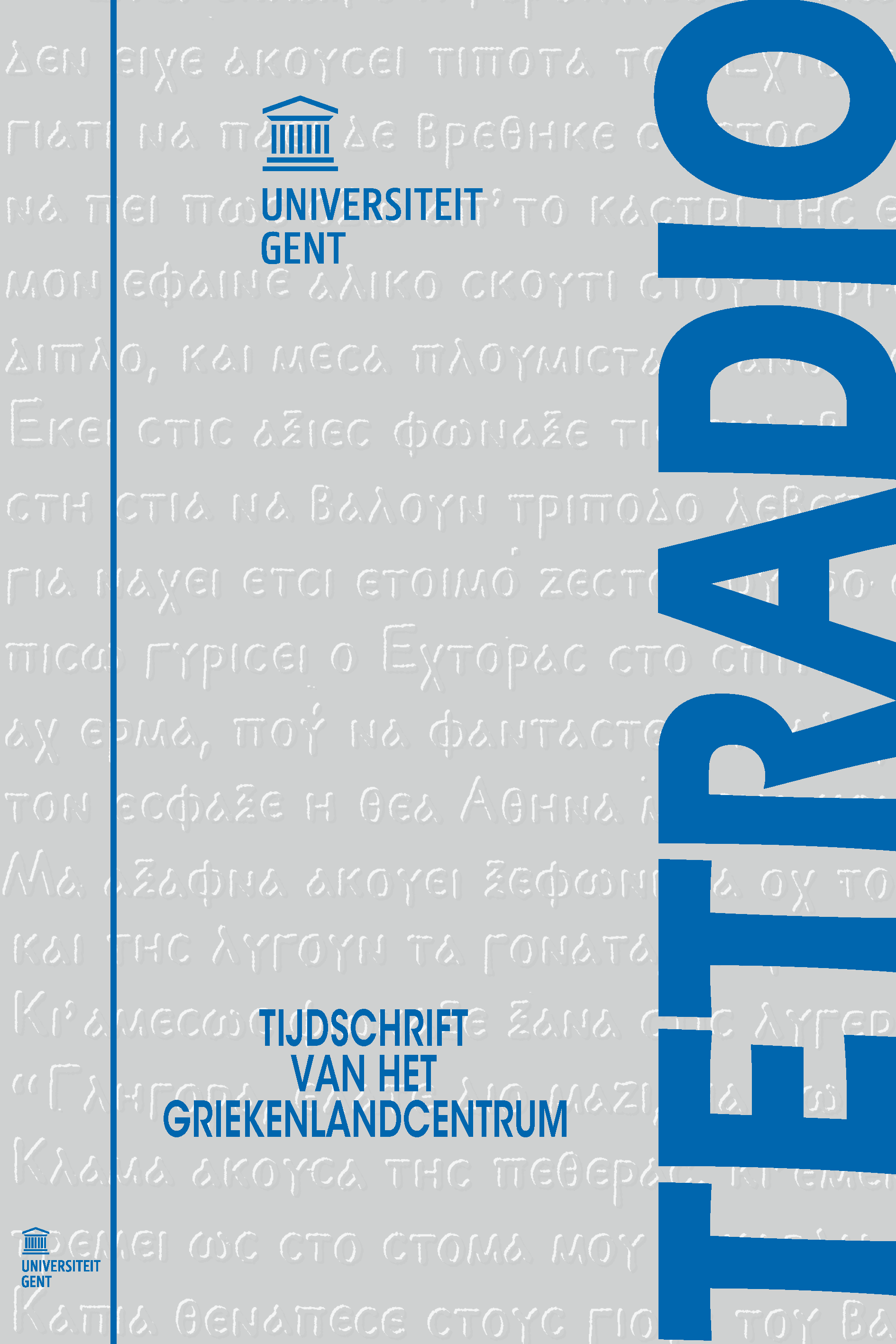De geboorte van de mythologie volgens Max Müller
- Elke Heirbaut
Abstract
The German classical scholar and orientalist Friedrich Max Müller (1823-1900), regarded by many as the founder of the comparative study of religions, reaped a lot of fame during his life with his works on language, mythology, religion and philosophy. Müller's theories about mythology can be considered the most influential scholarly studies about mythology before the anthropological approach gained the upperhand. The first part of this article describes his impressive life and the most important of his revolutionary and controversial works, which he wrote as a professor in Victorian Oxford. In the second part of this article, Müller's search for the origins of (Greek) mythology, which he considered as an infantine disease in the development of human language, is discussed. Müller's comparative philological science of mythology searched for a rational sense behind the savage, immoral, repulsive, shalow Greek stories by connecting the Greek mythology to the Indo-European culture. By means of comparative linguistics and etymology, Müller tried to find the "healthy", underlying meaning, the ὑπόνοια, of mythology. The Greek society was domesticated; the Victorian scholars felt relieved.
How to Cite:
Heirbaut, E., (2006) “De geboorte van de mythologie volgens Max Müller”, Tetradio 15(1): 7, 155–183. doi: https://doi.org/10.21825/tetradio.91765
Downloads:
Download PDF
View PDF
